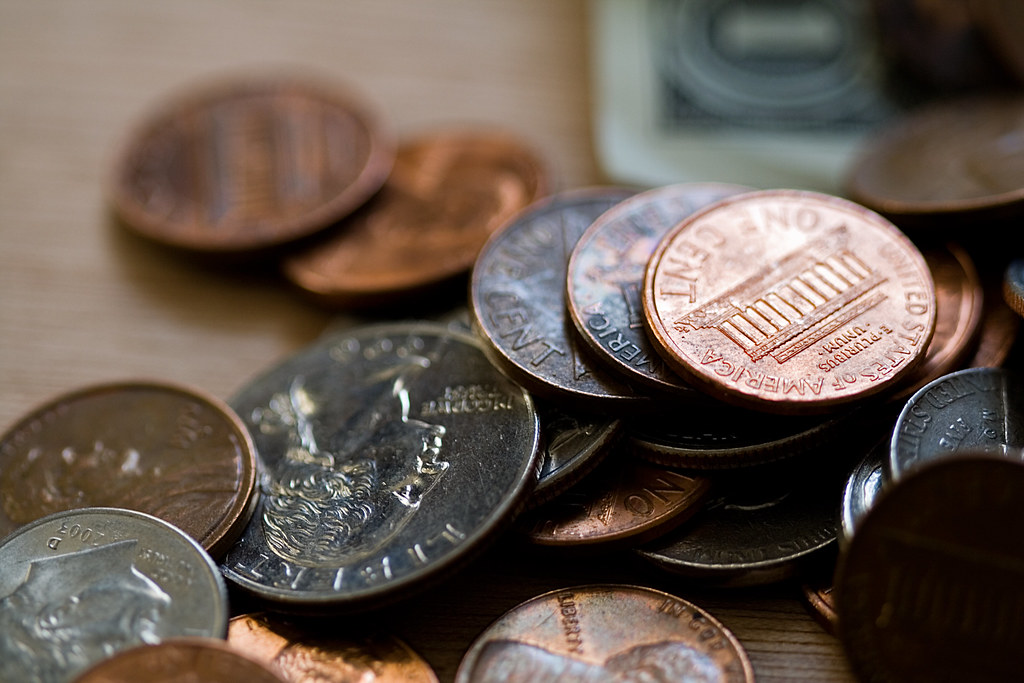San Francisco authorities believe that a growing number of outlets that accept cashless payments only discriminate against consumers, including low-income people, who do not have a bank account and a card.
According to the United States Federal Deposit Insurance Service, 17% of African American citizens and 15% of Hispanics do not have a bank account.
In California alone, 20.4% of African American citizens and 14.6% of Hispanics do not have a bank account, so they cannot pay for goods or services in completely non-cash stores or cafes. In addition, there are consumers who simply do not want to use the card for payment for other reasons - for example, fearing for the security of their personal data, the transaction itself, or simply not wanting to provide anyone with information about their purchase.
If the bill is approved, San Francisco will become the third place in the United States, where authorities have protected the right of consumers to choose the method of payment for goods and services. At the end of February, in Philadelphia passed a law, which prohibits any retail outlet or private merchant in the city from accepting cash.
After several months of discussion and additions, Mayor of the city Jim Kenney signed the law, which will take effect on July 1. A similar law was passed in mid-March and in New Jersey.
According to the American media, similar initiatives are already being considered in other US cities, particularly in New York, Washington and Chicago. For example, in New York, 12% of adult residents do not have a bank account. Among them, 17% of African American New Yorkers and 14% of Latin American people do not have a bank account, so the problem is already racial. Therefore, some American observers consider the refusal to pay in cash not only as consumer discrimination, but also racial discrimination, while others even called it “fascism with a friendly face”, condemning non-alternative totalitarian thinking of those who consider non-cash payments to be the only correct way to pay for goods and services for everyone
In early April, Amazon promised to develop a cash payment system for its Amazon Go network. It is not reported when exactly this system will start working.
source: washingtonpost.com
According to the United States Federal Deposit Insurance Service, 17% of African American citizens and 15% of Hispanics do not have a bank account.
In California alone, 20.4% of African American citizens and 14.6% of Hispanics do not have a bank account, so they cannot pay for goods or services in completely non-cash stores or cafes. In addition, there are consumers who simply do not want to use the card for payment for other reasons - for example, fearing for the security of their personal data, the transaction itself, or simply not wanting to provide anyone with information about their purchase.
If the bill is approved, San Francisco will become the third place in the United States, where authorities have protected the right of consumers to choose the method of payment for goods and services. At the end of February, in Philadelphia passed a law, which prohibits any retail outlet or private merchant in the city from accepting cash.
After several months of discussion and additions, Mayor of the city Jim Kenney signed the law, which will take effect on July 1. A similar law was passed in mid-March and in New Jersey.
According to the American media, similar initiatives are already being considered in other US cities, particularly in New York, Washington and Chicago. For example, in New York, 12% of adult residents do not have a bank account. Among them, 17% of African American New Yorkers and 14% of Latin American people do not have a bank account, so the problem is already racial. Therefore, some American observers consider the refusal to pay in cash not only as consumer discrimination, but also racial discrimination, while others even called it “fascism with a friendly face”, condemning non-alternative totalitarian thinking of those who consider non-cash payments to be the only correct way to pay for goods and services for everyone
In early April, Amazon promised to develop a cash payment system for its Amazon Go network. It is not reported when exactly this system will start working.
source: washingtonpost.com





